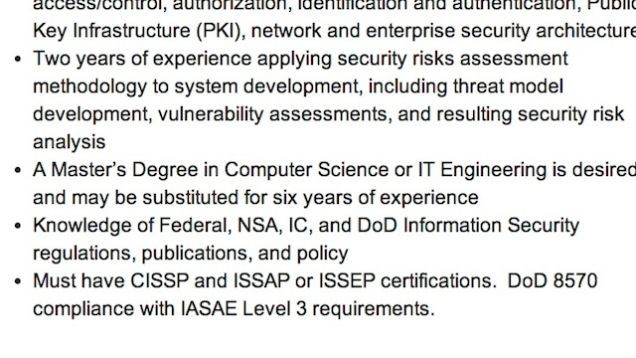Chartered Market Technician Training Programs and Courses
Post on: 16 Март, 2015 No Comment

Experienced financial professionals who want to add market prediction to their repertoire of skills may pursue technical analysis training and certification as a Chartered Market Technician (CMT). To learn more about common courses in this field, keep reading.
View 23 Popular Schools
Essential Information
Aspiring market technicians can find training through the Market Technicians Association (MTA), which is the professional organization for CMTs. The MTA provides a self-study program, which features educational web seminars and exam preparation tools for those seeking CMT certification. Market analysis certificate programs and certification preparation courses are also available through some institutions. Training can be completed in as little as a year and a half but more often takes about three years of part-time study.
Those wishing to become CMTs must be members of the MTA and have been working for at least three years in an investment management or financial analyst role before they are eligible to earn the CMT credential. In addition, they must be actively working in such a role when taking the three required certification exams.
Common Course Topics
All technical analysis training endorsed by MTA prepares students to pass the proficiency exams and become a chartered practitioner. As presented in training, technical analysis subscribes to the theory that past behavior of market prices can be analyzed in particular ways to predict future market direction. Studies provide an intense exploration of both historical practices and the modern techniques of identifying market patterns. Particular topics of focus often include:
- Securities trend analysis
- Cycle theory
- Elliott waves
- The Dow Theory
- The Wyckoff Method
CMT training programs also include information on investor psychology, money management and profitable trading, and courses may compare and contrast technical analysis methods with other theories of market prediction.
An important element of CMT training is that it provides an ethical structure within which to operate professionally. Students carefully examine the MTA’s written Code of Ethics, since as CMTs they will be called upon to comply with all laws and regulations pertaining to their profession and to act with integrity at all times with both peers and clients.














